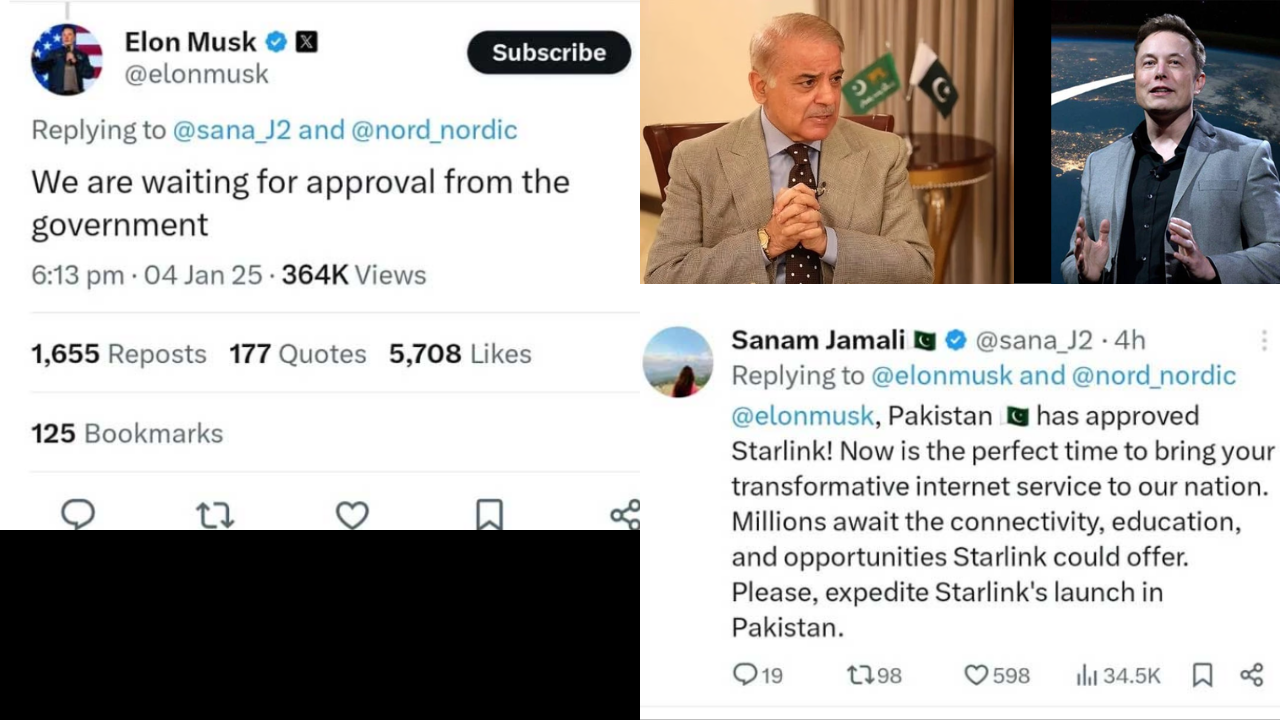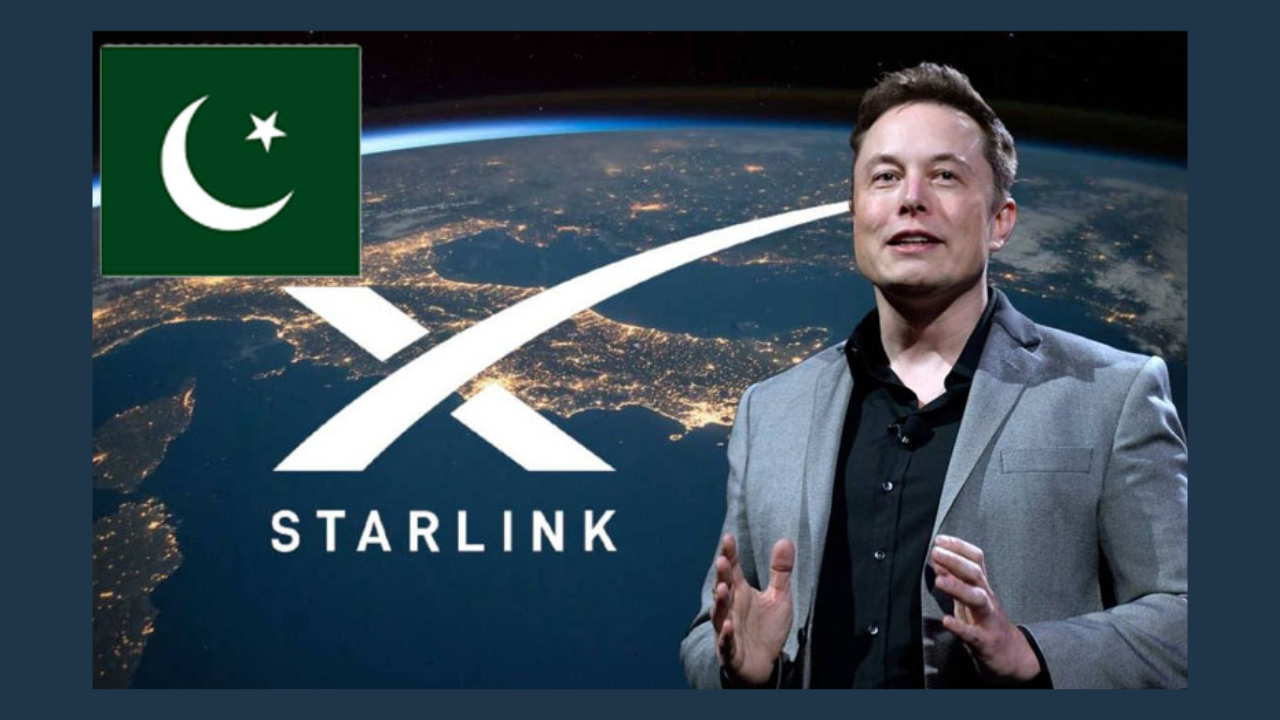In a significant development for Pakistan’s telecommunications landscape, Starlink, the satellite internet constellation operated by Elon Musk’s SpaceX, has officially registered with the Securities and Exchange Commission of Pakistan (SECP).owned Starlink gets registered with Pakistan This move marks a pivotal step towards enhancing internet connectivity across the nation, particularly in remote and underserved regions.
owned Starlink gets registered with Pakistan Starlink’s Entry into Pakistan
Starlink’s registration with the SECP signifies the company’s commitment to expanding its services within Pakistan. By establishing a legal presence, Starlink aims to collaborate with local authorities and stakeholders to provide high-speed, low-latency broadband internet across the country. This initiative aligns with Pakistan’s digital transformation goals, aiming to bridge the digital divide and promote inclusive access to information and communication technologies.
Implications for Pakistan’s Connectivity
The introduction of Starlink’s satellite internet services is poised to revolutionize Pakistan’s connectivity landscape. Traditional internet infrastructure often struggles to reach remote and rural areas due to challenging terrains and high deployment costs. Starlink’s satellite-based system can overcome these obstacles, delivering reliable internet access to even the most isolated communities. This advancement is expected to facilitate educational opportunities, healthcare services, and economic development in previously underserved regions.

Regulatory Compliance and Collaboration
By registering with the SECP, Starlink demonstrates its adherence to Pakistan’s regulatory framework. This compliance is crucial for ensuring that the company’s operations align with national laws and standards. Collaboration with the Pakistan Telecommunication Authority (PTA) and other relevant bodies will be essential in addressing spectrum allocation, licensing, and other technical considerations to ensure seamless integration of Starlink’s services into the existing telecommunications ecosystem.
Economic and Social Impact
The availability of high-speed internet through Starlink has the potential to drive significant economic and social benefits in Pakistan. Enhanced connectivity can stimulate entrepreneurship, enable access to global markets, and attract foreign investment. Moreover, improved internet access can support educational initiatives, allowing students in remote areas to access online resources and participate in digital learning platforms. Healthcare services can also be augmented through telemedicine, providing remote consultations and access to medical information.
Challenges and Considerations
While Starlink’s entry into Pakistan is promising, several challenges must be addressed to ensure successful implementation. Affordability of services will be a key concern, as pricing must be accessible to a broad segment of the population. Additionally, technical challenges related to satellite coverage, weather interference, and infrastructure compatibility will need to be managed. Collaboration with local internet service providers and investment in ground infrastructure may be necessary to optimize service delivery.
Future Prospects
Starlink’s registration with the SECP is a forward-looking step that aligns with Pakistan’s vision for a digitally connected future. As the company progresses towards launching its services, continuous engagement with regulatory authorities, policymakers, and the public will be essential. Transparent communication regarding service offerings, pricing, and coverage areas will help manage expectations and build trust among potential users.
